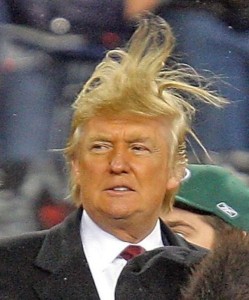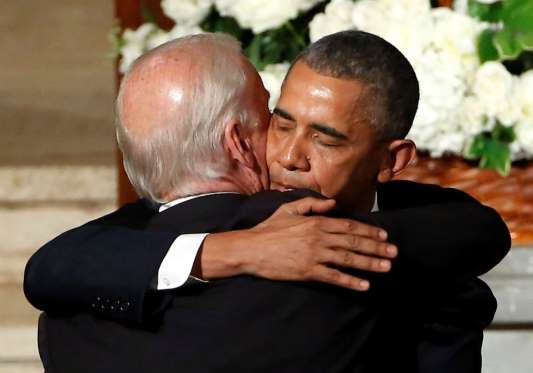Donald Trump keeps reminding me that promises to consider ignoring him are hard to keep.
I said something earlier about whether I should consider imposing a moratorium on commenting on Trump’s blathering. Then I turn on the TV news talk shows I like watching and what do I see? Commentators, analysts, “strategists” from both parties and other so-called experts talking about Trump.
How can I remain silent? How can I ignore the things that have captured all these political junkies’ attention?
I cannot do it.
Trump called a press conference today, his first meeting with the media since the Fox News-sponsored joint appearance this past week.
Did he offer anything of substance? No.
Did Trump give a specific example of how he plans to create more jobs than any politician in history? No.
Did he offer any regret for the over-the-top statements he’s made about, oh, women? No.
He did, however, manage to poke fun at the U.S. ambassador to Japan, Caroline Kennedy. Interesting, yes? As Joan Walsh of Salon magazine noted in a tweet, he could have cited the political process associated with ambassadorships in general, but he chose to single out the late President Kennedy’s daughter.
But he said he adores women.
Trump said the polls are giving political cover and allowing him to keep shooting off his mouth in this careless manner.
Yes they are, Donald.
For now.

